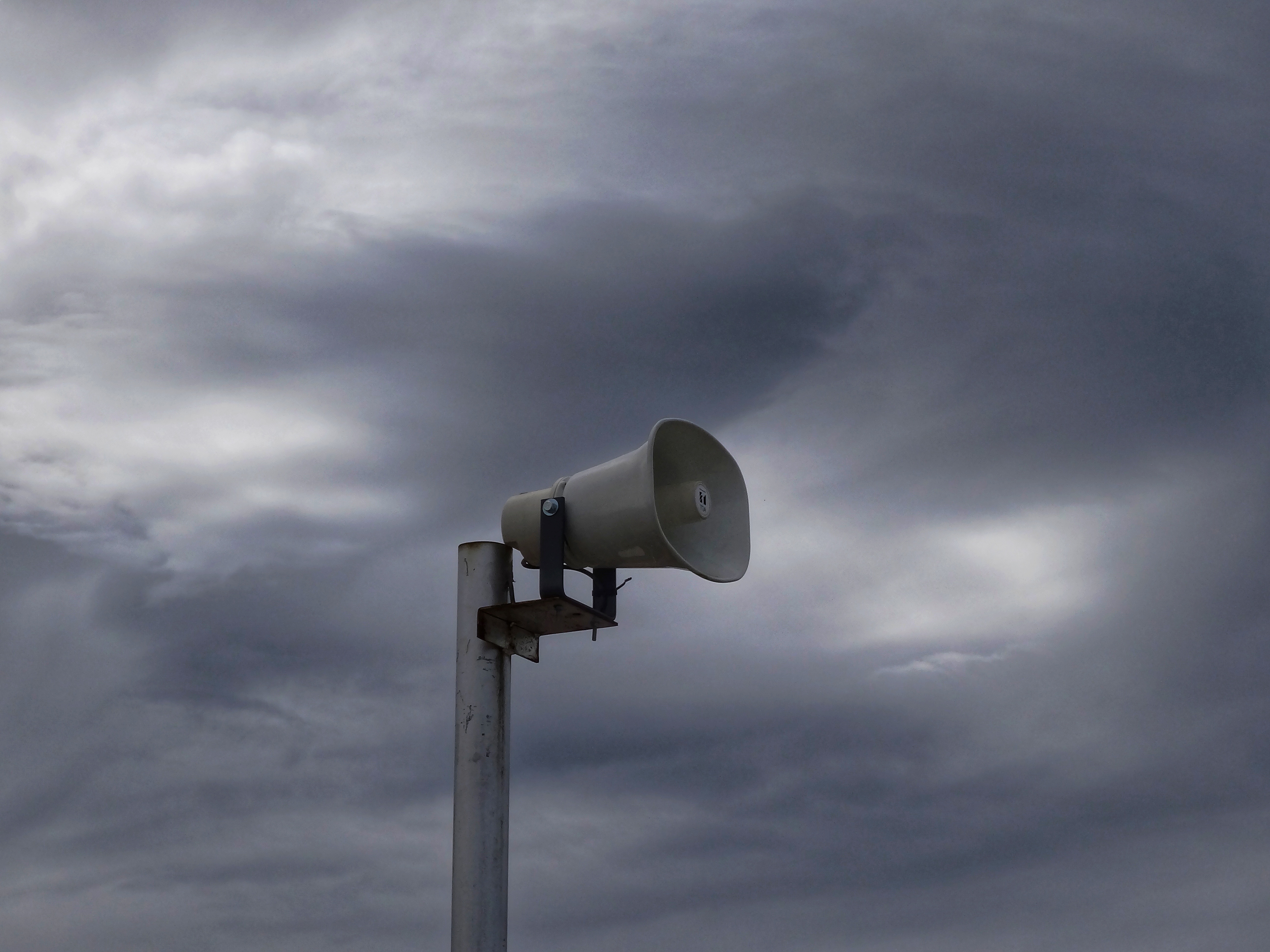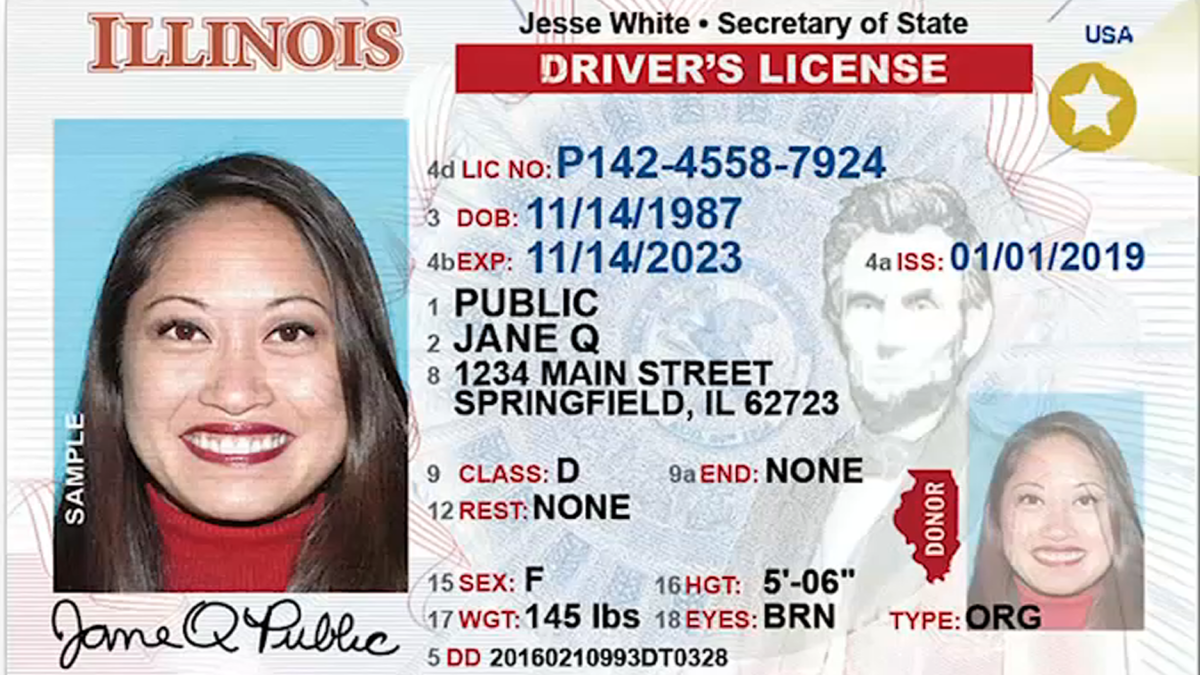More than 1,000 cases of four COVID variants currently circulating in the U.S. have been identified in Illinois, state health officials say, as data from a state lab has found the variants are becoming "much more prominent" amid a continued rise in cases.
A total of 1,051 cases of the four variants have been identified as of Tuesday, when the Illinois Department of Public Health last updated the variant case numbers. But experts have cautioned that the number of cases of variants may be higher because not all positive COVID tests are being tested to determine which variant they may be.
The four variants are: the U.K. variant known as B.1.1.7, the South African variant called B.1351, the Brazil variant known as P.1 and a fourth variant out of California called B.147/429.
The number of cases of each reported across the state so far include:
| B.1.1.7 | 794 |
|---|---|
| B.1.351 | 13 |
| B.1.427/429 | 80 |
| P.1 | 164 |
| Total | 1,051 |
Reditus Laboratories said earlier this week that recent testing revealed "several trending variants" had been identified in Illinois, "causing growing concern" as the variants are believed to be more contagious.
“The variants are becoming much more prominent,” Reditus CEO Dr. Aaron Rossi said. “This is causing growing concern of experts and we need to identify the variants and make sure the public is aware.”
Local
The central Illinois lab said it conducted variant testing on more than 300 COVID-19 samples collected during the month of March. The most prominent variant in Illinois was the U.K. variant.
Chicago's top doctor said Tuesday that a little more than half of the cases in the city were now believed to be likely one of the four variants.
Feeling out of the loop? We'll catch you up on the Chicago news you need to know. Sign up for the weekly Chicago Catch-Up newsletter here.
"We don't test all of them, but what we think is that we probably are now seeing a little more than half of the cases in Chicago of a variant of one kind or another," Chicago Department of Public Health Commissioner Dr. Allison Arwady said during a Facebook Live broadcast.
"But it's a combination of all of the different variants, with B.1.1.7 being a portion, by far the largest portion of those, and we are definitely seeing some, some of that P.1," Arwady said. "It is much less than the B.1.1.7, but we are seeing a little more of it here in Illinois than anywhere else."
Reditus Laboratories indicated particular concern surrounding the P.1 Brazil strain, calling it "the most concerning of all identified variants due to resistance of vaccines, potentially increased pathogenicity, and increased levels of transmissibility than the original strain."
According to IDPH, the Brazil variant "contains a set of additional mutations that may affect its ability to be recognized by antibodies."
Samples from the lab that were identified as the Brazil variant came from patients in the central Illinois area, Reditus said, including the area of Peoria, Pekin, Morton and Bloomington.
At the same time, IDPH said the UK variant "spreads more easily and quickly than other variants" and that experts in the UK believe the variant could be "associated with an increased risk of death compared to other variant viruses." Still, more studies are needed, officials said.
The South African variant shares similar mutations with the U.K. variant but emerged separately, health officials added.
Little has been reported from IDPH about the California variant first discovered last summer.
"More study is needed about the infectiousness and severity of this variant," the website states.
IDPH warned that the four variants "seem to spread more easily and quickly than other variants, which may lead to more cases of COVID-19," and could eventually lead to additional hospitalizations and potential deaths.
So far, experts believe the COVID vaccines currently being administered in the U.S. offer some protection against the variants, but studies are ongoing. Pfizer's latest study results suggested that the vaccine is effective against the coronavirus variant that first emerged in South Africa.
“These data also provide the first clinical results that a vaccine can effectively protect against currently circulating variants, a critical factor to reach herd immunity and end this pandemic for the global population," Ugur Sahin, CEO and co-founder of BioNTech, said in a statement.
But according to a new Israeli study, which has not yet been peer-reviewed, the same variant was able to evade some of the protection of the Pfizer-BioNTech vaccine.
Boosters and new versions of vaccines that target the variants are already being explored. Pfizer-BioNTech is testing a third booster shot of its vaccine on fully vaccinated people.
"The flexibility of our proprietary mRNA vaccine platform allows us to technically develop booster vaccines within weeks, if needed," Sahin said in a release.
Moderna is also testing a potential third dose of its current vaccine, and a possible booster shot specifically targeting the South Africa variant.
Arwady again emphasized the importance of vaccinations and continued adherence to public health guidance in the fight against the pandemic on Tuesday.
"Bottom line though, all the vaccines are protective against the variants and especially the masking the distancing, especially with cases on the rise, those are also protective against variants," Arwady said. "Where we get into trouble is when people let their guard down."



